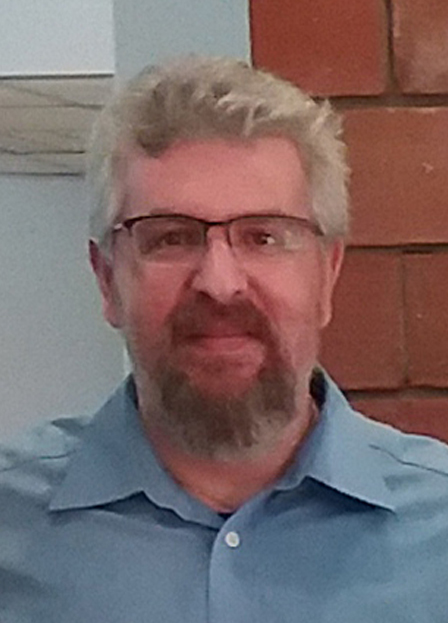
About George
Georgios Vagias is a doctoral candidate at the Dpt of Psychology, Panteion University. He holds a degree in Sociology (Dpt of Sociology, Panteion University) and a Msc in Administration of Virtual Communities (Dpt of Psychology, Panteion University), with emphasis on the socio-psychological study of virtual culture, cyberpolitics, social media and online youth communities. He has participated in numerous research projects, national and EU-funded, holding research, management and administrative positions, e.g.: a) “A study of structuring, constructing and functioning of virtual communities” (2004-2006) (national-funded), b) “A study of technological and sociological factors that affect the use of e-learning and e-commerce systems” (2007) (national-funded), c) “Measuring Youth Well Being (MYWEB)” (EU-funded / FP7) (2014-2016), and d) “Innovative Social Investment: Strengthening Communities in Europe, INNOSI” (EU-funded / Horizon2020) (2015-2017). For more than 15 years he has taught, as a voluntary tutor and as part of the curriculum of the Dpt of Psychology (Panteion University) on graduate and post-graduate level, the following lessons: a) “Virtual Organisation” (Theory, Principles and Application), b) “Sociology” (Introduction and Basic Principles), c) “Social Sciences and the Internet” (Introductory Issues), and d) “Cyberpolitics and Virtual Communities” (Introductory Issues). Apart from his extensive research and teaching experience, he has long-term involvement and experience in leading, administrating and supervising project teams, e.g. member of Organising Committee and Chair of Poster Administration Committee, Web Science Conference “Society On-Line”, 18-20 March 2009, Athens, Greece. Lastly, he has contributed to numerous publications, translations and conference presentations /posters on various scientific topics: virtual communities and cyber-citizenship, virtual organization, web science, sociology of political communication, sociology of nationalism, sociology of health and medicine, criminology, children and youth well-being in times of crisis (on national and EU level), empowering women participation/youth unemployment, active labour policies and social innovation strategies (on national and EU level). His current research interests mainly include: online / offline social and interpersonal dynamics, sociology and psychology of cyberspace and the internet, web science, sociology and psychology of youth communities and politics, new and social media culture, classical & virtual organisational theory, virtual life and virtual technologies.




